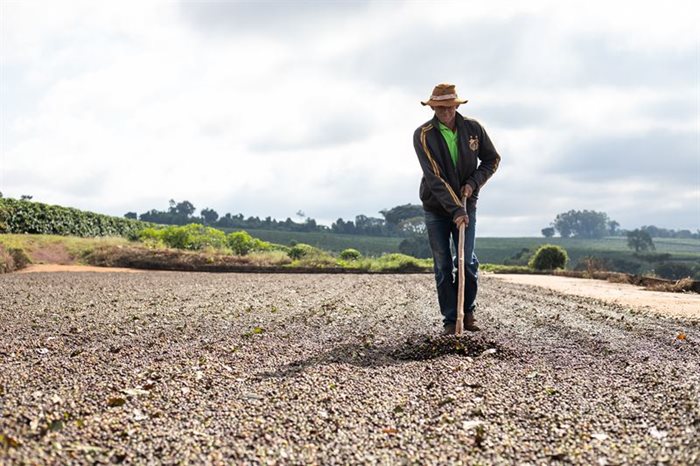The Finnish coffee, beverage and food supplier will work with more than 500 farmers in Brazil, Colombia and Nicaragua to encourage more sustainable cultivation and reduce carbon emissions

Nearly 500 farmers and 20,000 hectares of coffee farmland will be covered by Paulig’s projects during 2022 | Photo credit: Paulig
Paulig has launched new climate projects in Brazil, Colombia, and Nicaragua to support farmers in the sustainable and profitable cultivation of coffee.
The Finnish coffee, beverage and food supplier said the projects have been developed with its partners and the farming community to address sustainability issues at a local level. Paulig’s aim is to scale the best practices throughout the countries of origin in the coming years.
Focus areas of the climate projects are nutrient management and optimisation, the deployment of regenerative agricultural practices, such as the use of cover crops, wastewater treatment, and biochar practices, a soil enriching and carbon sequestration application. As part of the projects in Brazil, Colombia, Nicaragua, farmers will develop current farming practices and test new working methods.
Nearly 500 farmers and around 20,000 hectares of coffee farmland will be covered by Paulig’s projects during 2022. The estimated emission reduction for the first year is up to 15-30% at the farm level.
“We at Paulig work for the bright future of coffee and our aim is to reduce the climate impact on the coffee value chain and mitigate climate change. Our new projects will improve profitable coffee cultivation and the livelihood of the coffee farmers. These projects are a big step forward in our sustainability work, and we want to scale the best practices throughout our origins in the coming years”, said Lea Rankinen, Paulig’s Director, Sustainability and Public Affairs.
Coffee is one of Paulig’s largest product categories and accounts for more than 40% of the company's total value chain climate impacts. Paulig has a target to reduce the GHG emissions in its value chain by 50% by 2030, as well as reduce GHG emissions from its own operations by 80% by 2030 compared with the 2018 baseline.
The pilot projects are projected to reduce the Paulig coffee value chain from farm to gate GHG emissions by up to 5% during the first year.